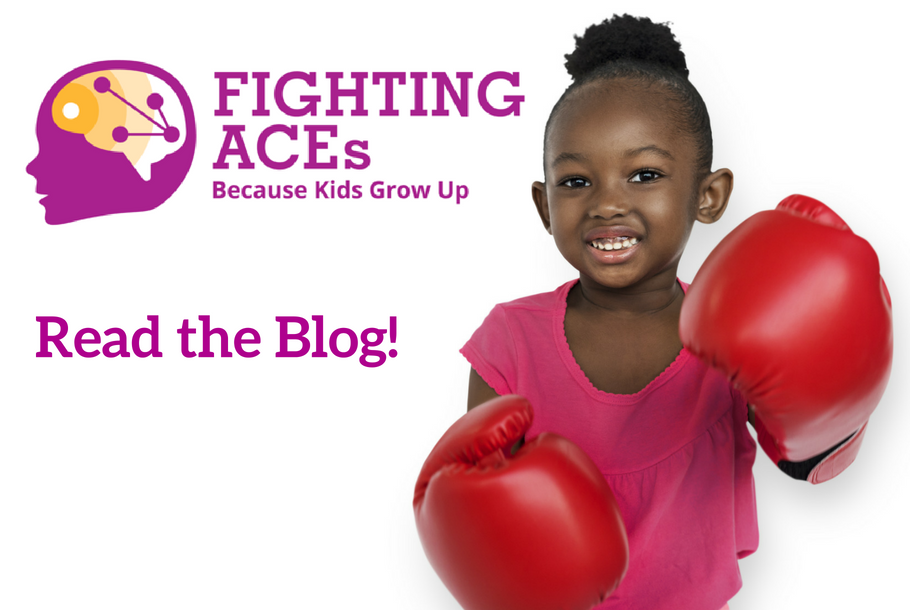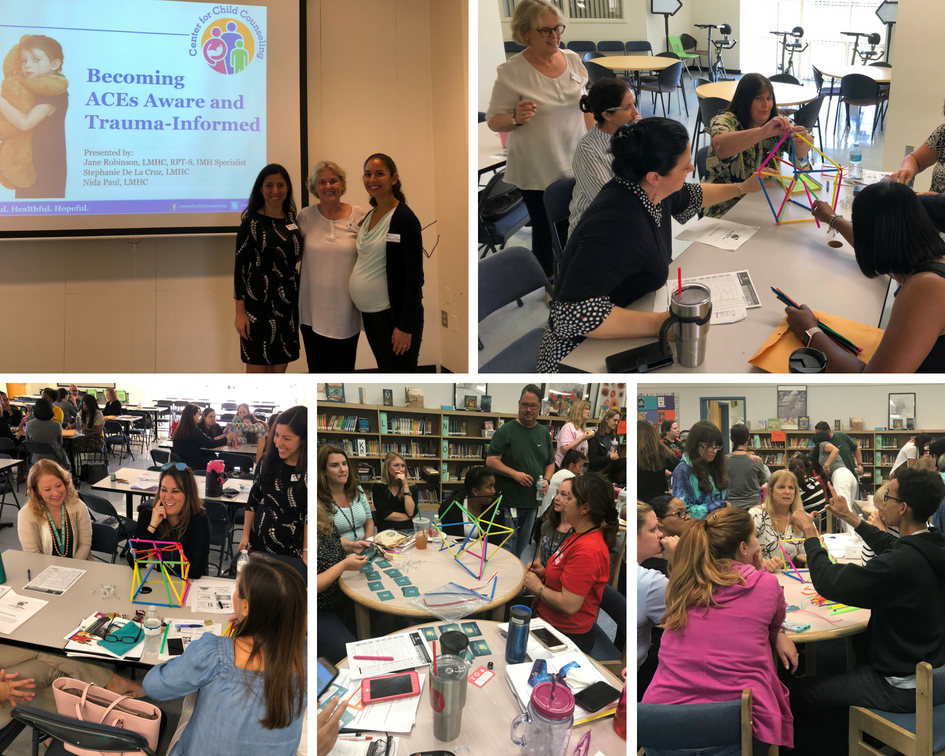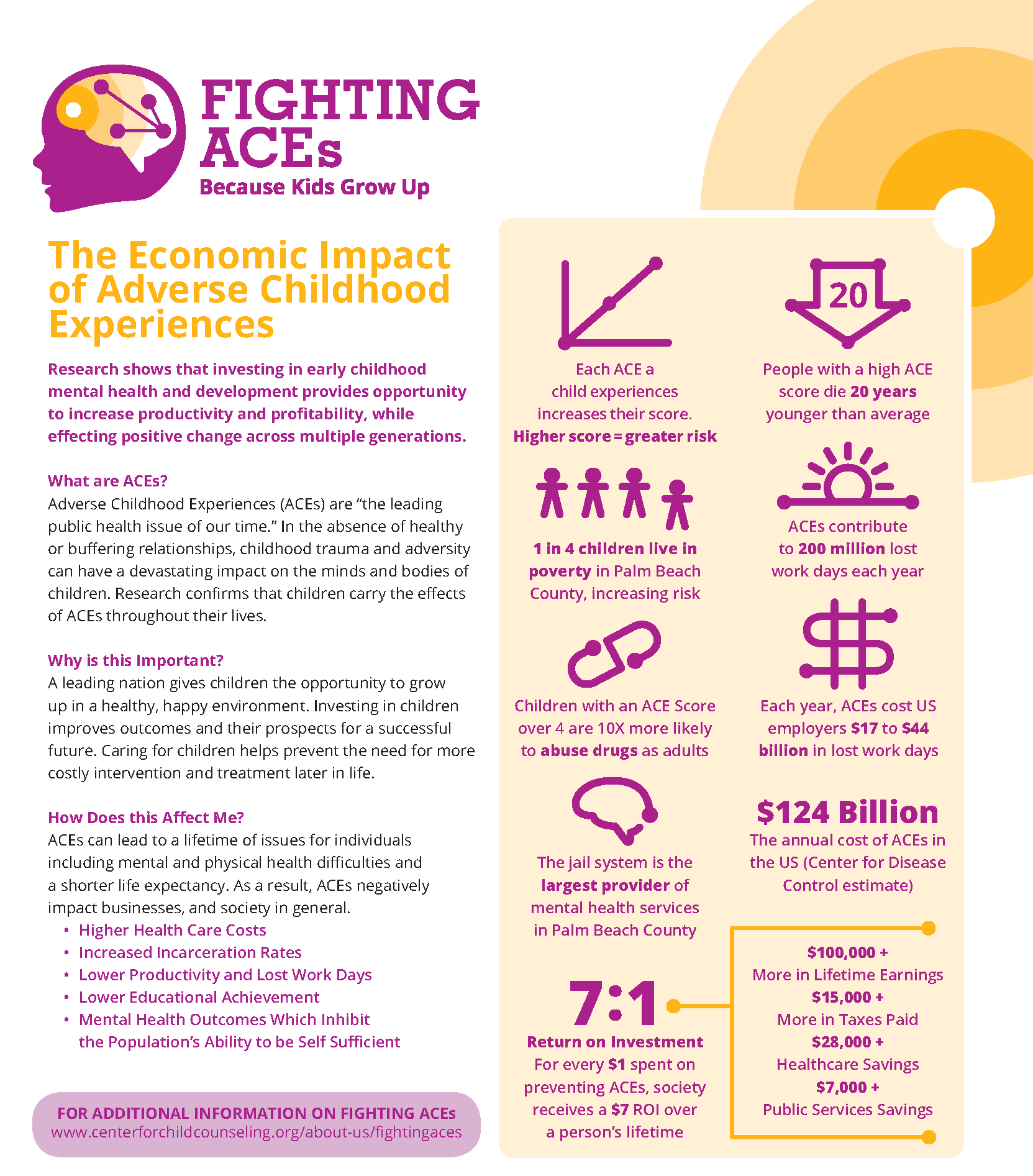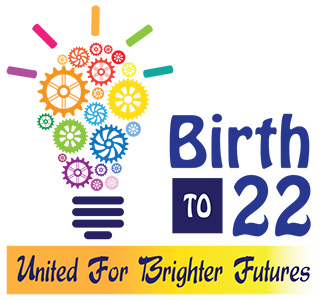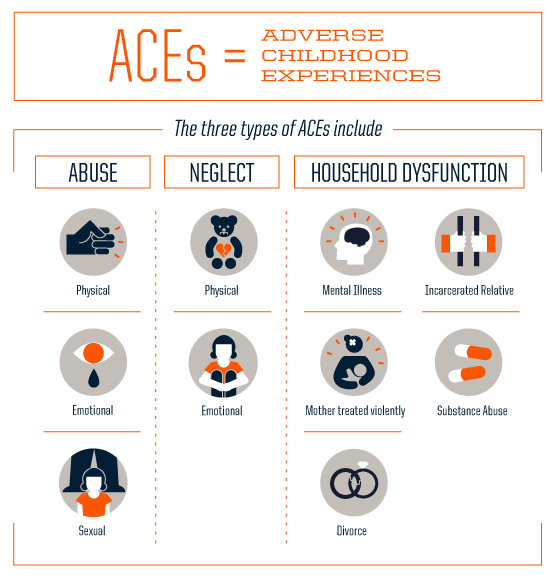The Impact of Loss and Stress on our Children's Mental Health
Research shows that an estimated 160,000 children lost a parent or caregiver during the pandemic. According to the Centers for Disease Control and Prevention (CDC), COVID-19 was the third leading cause of death among Americans in 2021, so many children also lost extended family members or close family friends.
Death is not the only form of loss that children have faced over the past three years. They have experienced the loss of friendships through physical separation. They have lost out on rites of passage like starting a new school, attending dances and big games, playdates, proms, and being celebrated at graduation.
Many children also lost their sense of safety and security. Families have been shaken by uncertainty, stress, and financial hardship, that continues to grow in a climate of political conflict and divisiveness in our country. We see images of war and school shootings on the news. These experiences have hit children and teenagers hard and we are experiencing a youth mental health crisis, already a concern before the pandemic. A new two-part Ken Burns PBS documentary, Hiding in Plain Sight, highlights the crisis.
“We have so much work to do to help our children heal,” says First Lady Jill Biden. “It’s impossible not to be moved by the pain that these young people and their families share,” she said. “But there was so much hope there, too. Because they had all found a way from that darkness towards the light.” Comments after watching "In Plain Sight" at the White House Screening.
With all of the turmoil and stress we feel, we must remember that there are concrete ways to build child resilience. These seven tips, shared by Kerry Jamieson in our Fighting ACEs Blog: Building Family Resilience in Troubled Times, are a great reminder:
Seven Ways to Build Resilience
Is it any wonder our children are struggling? Even though our reserves may be depleted, and many family relationships are burdened by the cumulative effects of fatigue and added hardship, now is the time to work on building resilience – in or children and for our families.
Resilience is the ability to bounce back from stress, adversity, failure, challenges, or even trauma. While scientists believe that resilience may have a genetic component, it's not generally a quality that a child either has or doesn’t have; it's really more of a skill that a child develops as they grow. Like a muscle that needs to be exercised, children can be helped to practice their resilience skills.
Talk. Talk. Talk.
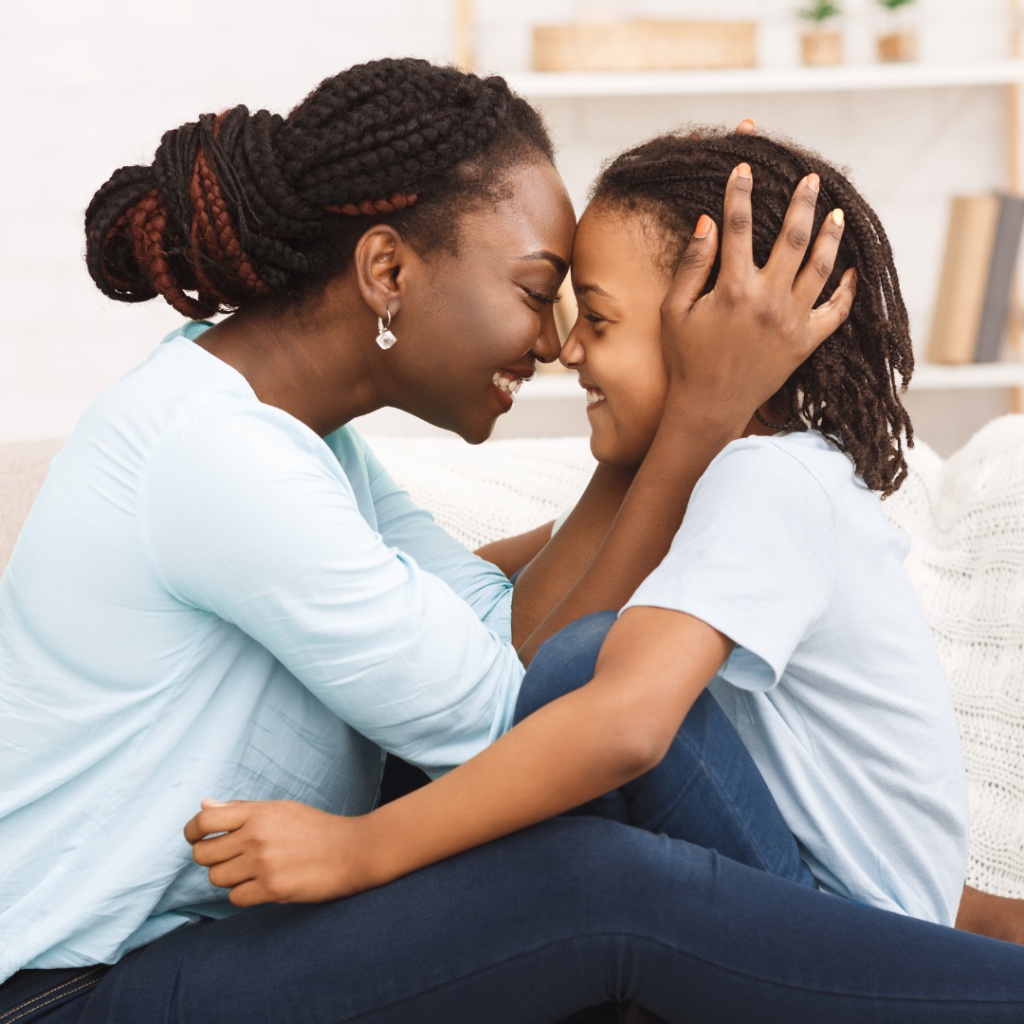 The old adage is true: Keep the lines of communication open to strengthen your relationships. You can use the technique of asking open-ended questions in order to draw out your children's true feelings on different subjects.
The old adage is true: Keep the lines of communication open to strengthen your relationships. You can use the technique of asking open-ended questions in order to draw out your children's true feelings on different subjects.
This means asking questions that require more than a simple yes or no answer. You can ask your child how certain situations make them feel. You can ask them if they're experiencing anxiety or trepidation about going back to school. Asking “why” questions tends to get to the root cause of issues rather than asking questions that simply require factual answers. Open communication develops trust.
Children who believe they can speak to their parents openly and honestly feel as if they have someone to rely on, someone who won't automatically judge them, and these positive adult influences help buffer the effects of stress.
If you are having trouble tackling tough topics with your child, check out our Ways to Talk to Children free resources, including workshops, tip sheets, and videos.
Allow Children to Learn and Fail
As adults, particularly as parents, we sometimes try to jump in to prevent our children from failing. It is difficult to watch them struggle when we know we could help. But children need to take risks and push themselves outside their comfort zone to build resilience. Trying something new and succeeding at it gives a child a sense of achievement and the knowledge that they can do new things and do them well. However, trying and failing is equally valuable. Taking a risk with something new that does not work out teaches children that they can survive setbacks. Rather than helping our children avoid risks, we should encourage them to take safe risks and then talk through the meaning of success and failure.
Teach Problem-Solving; Don’t Give Answers
Adults often have the answers to small problems and issues, but we learned those solutions from years of living our lives. Children do not have the benefits of this wisdom. They are still learning. They don’t have the perspective of time and experience. Rather than providing your child with the answer to every question, it's more beneficial to let them reason it out with you. You can ask skillful questions to lead them along the right path, but the lesson is better learned when they reach the conclusion on their own.
Help Identify Emotions
Children who are "acting out" are often behaving that way because they lack the language to describe the frustration they are feeling. They lack the ability to adequately express themselves. You can work with your child to identify the emotions they're experiencing and help them reason out why they are experiencing them. For example, you might say to a child who cannot master a game and has started crying: “You feel frustrated because the game is hard and you can’t seem to get it right.” This is called reflection because you are simply mirroring back to your child what they are feeling and helping them identify and name the emotion. You can let them know that the emotion is normal and that it will pass.
Labeling emotions and teaching children how to manage them is a large part of good parenting. You can learn more about childhood development, reflective listening, and limit setting in our manual for parents, teachers, and caregivers entitled: “A Way of Being with Children: A Trauma-Informed Approach to Resilience.”
Acknowledge Mistakes
It is not a weakness to acknowledge our mistakes. We all make them! The most honest and resilient people are happy to accept this fact. They share their failures openly and, more importantly, they share what they learned from them. You can share your mistakes with your children and let them know why you made the mistake and how you will do things differently next time. This is a key component of resilience. We will all face challenges in our lives and whether we succeed or fail, we should not miss the lessons that can be learned.
Coping Skills and Modeling Self-Care
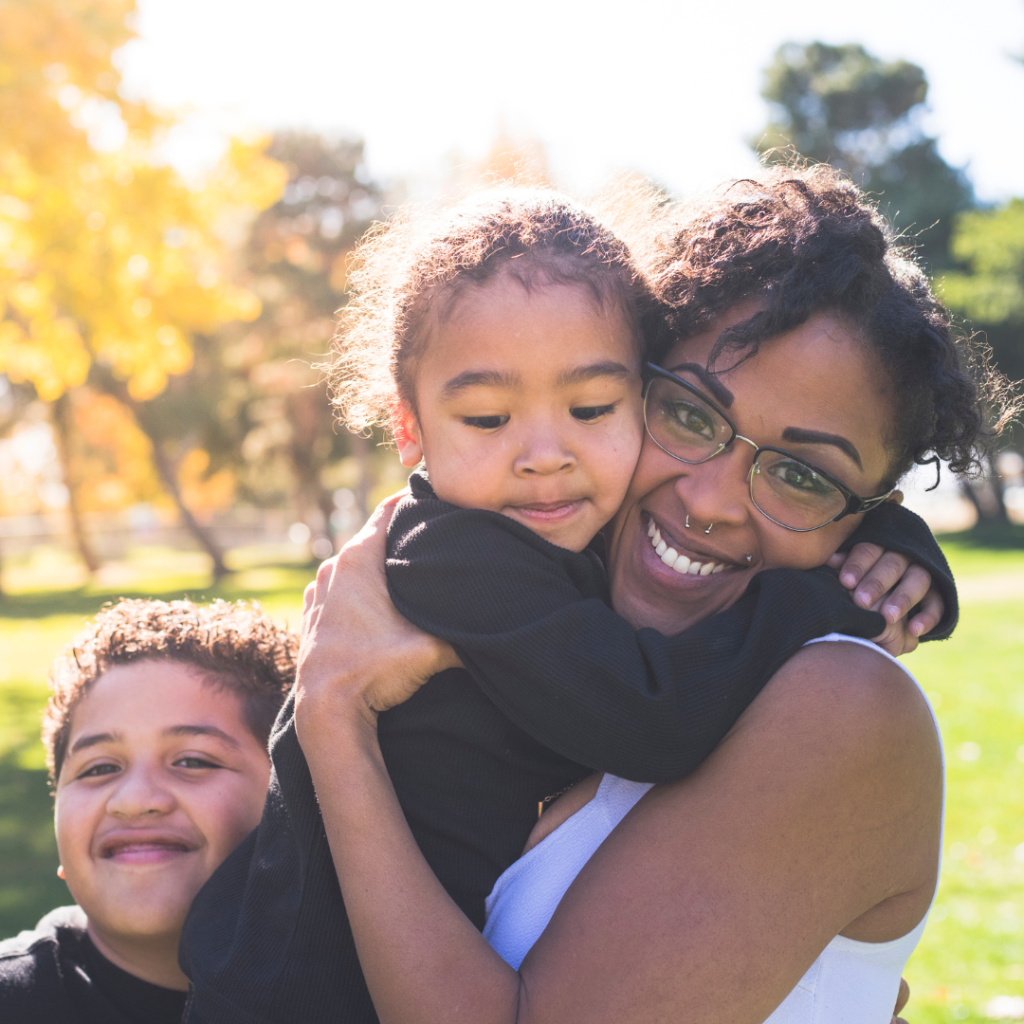 Children learn through imitation. They look to the adults in their lives to learn how to respond and behave. So, it's essential that we model positive behaviors that they can copy. As adults, we can demonstrate calming ourselves down when we are irritated or angry, practicing deep breathing, and focusing on positivity and a firm belief in a brighter future. You can learn some fun and useful breathing techniques for adults and children on our resources page. You can also model self-care, demonstrating to your children that it is okay to take time for yourself when we're feeling overwhelmed. In fact, it is essential to practice kindness and self-love.
Children learn through imitation. They look to the adults in their lives to learn how to respond and behave. So, it's essential that we model positive behaviors that they can copy. As adults, we can demonstrate calming ourselves down when we are irritated or angry, practicing deep breathing, and focusing on positivity and a firm belief in a brighter future. You can learn some fun and useful breathing techniques for adults and children on our resources page. You can also model self-care, demonstrating to your children that it is okay to take time for yourself when we're feeling overwhelmed. In fact, it is essential to practice kindness and self-love.
Bring Positives Into Your Life
There are activities that make all of us feel better. Scientific research shows the benefits of exercise and spending time in nature. Encourage your children to take part in outdoor activities. Play is one of the ways children express themselves and it is essential to healthy development. You can also encourage your children to develop an interest in crafts, art projects, music, drama, writing, and any other positive activity that allows them to express their individuality.
The more a child understands his or her uniqueness (and the more you can accept and appreciate them for who they really are), the more they will understand that they are equipped to face any adversity that may come their way...and that good times, positivity, and happiness lie ahead for them and their family.
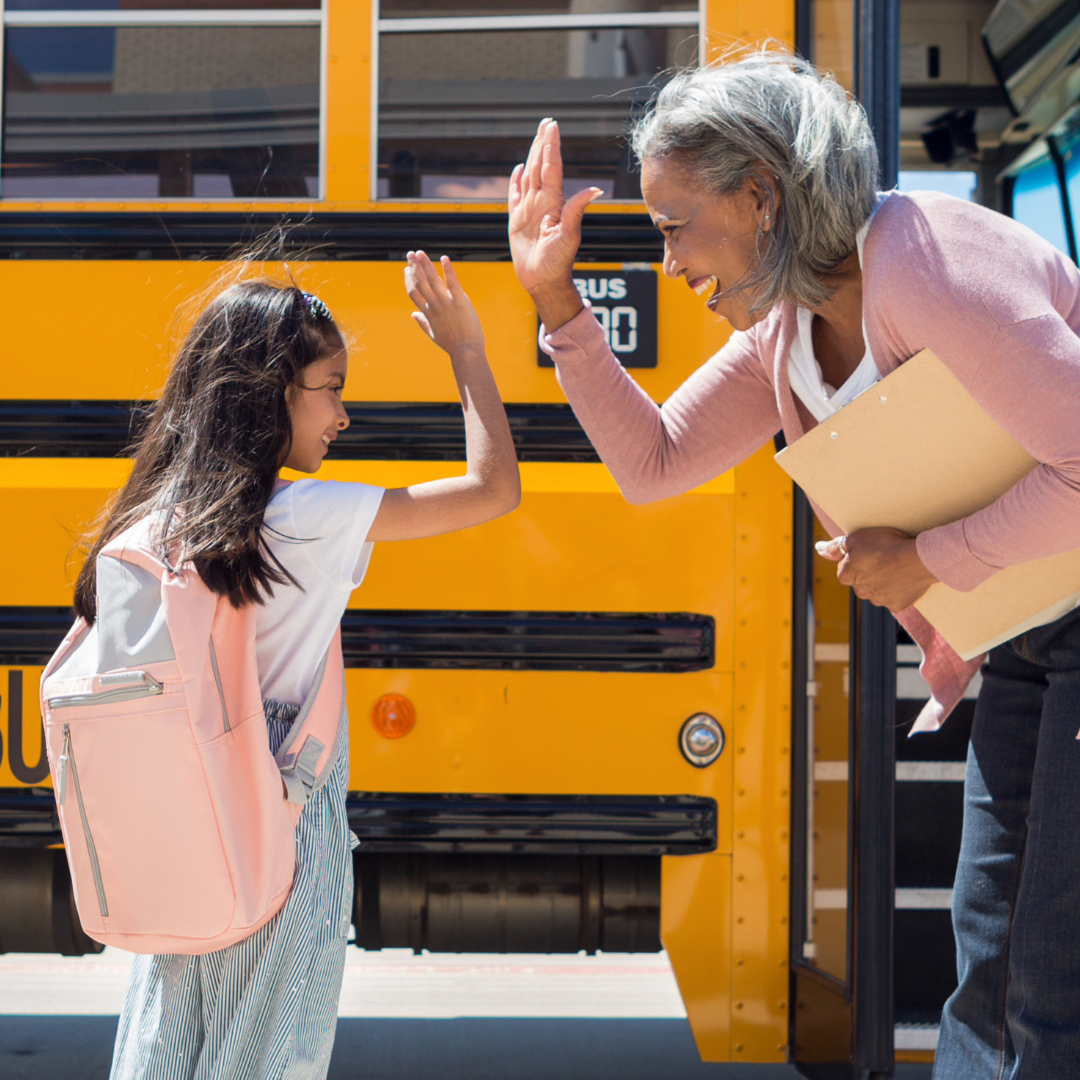 This is a great opportunity to teach your child about body boundaries and consent. Forcing your child to hug or kiss someone sends the message that the wants and needs of others are more important than respecting their own feelings or body boundaries.
This is a great opportunity to teach your child about body boundaries and consent. Forcing your child to hug or kiss someone sends the message that the wants and needs of others are more important than respecting their own feelings or body boundaries. KIDSAFE TIP:
KIDSAFE TIP:
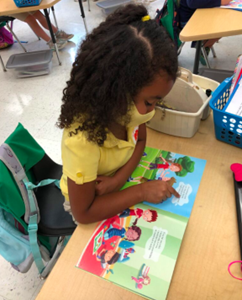
 KidSafe has focused on providing a public health approach that maximizes impact while emphasizing health and safety. To prevent child sexual abuse, students, teachers, and families need to be knowledgeable and aware of the tactics and grooming techniques that are used to exploit and abuse children in-person and online. KidSafe provides age-appropriate lessons and skill building for children, training for educators, healthcare professionals, camp staff, and resources for families.
KidSafe has focused on providing a public health approach that maximizes impact while emphasizing health and safety. To prevent child sexual abuse, students, teachers, and families need to be knowledgeable and aware of the tactics and grooming techniques that are used to exploit and abuse children in-person and online. KidSafe provides age-appropriate lessons and skill building for children, training for educators, healthcare professionals, camp staff, and resources for families.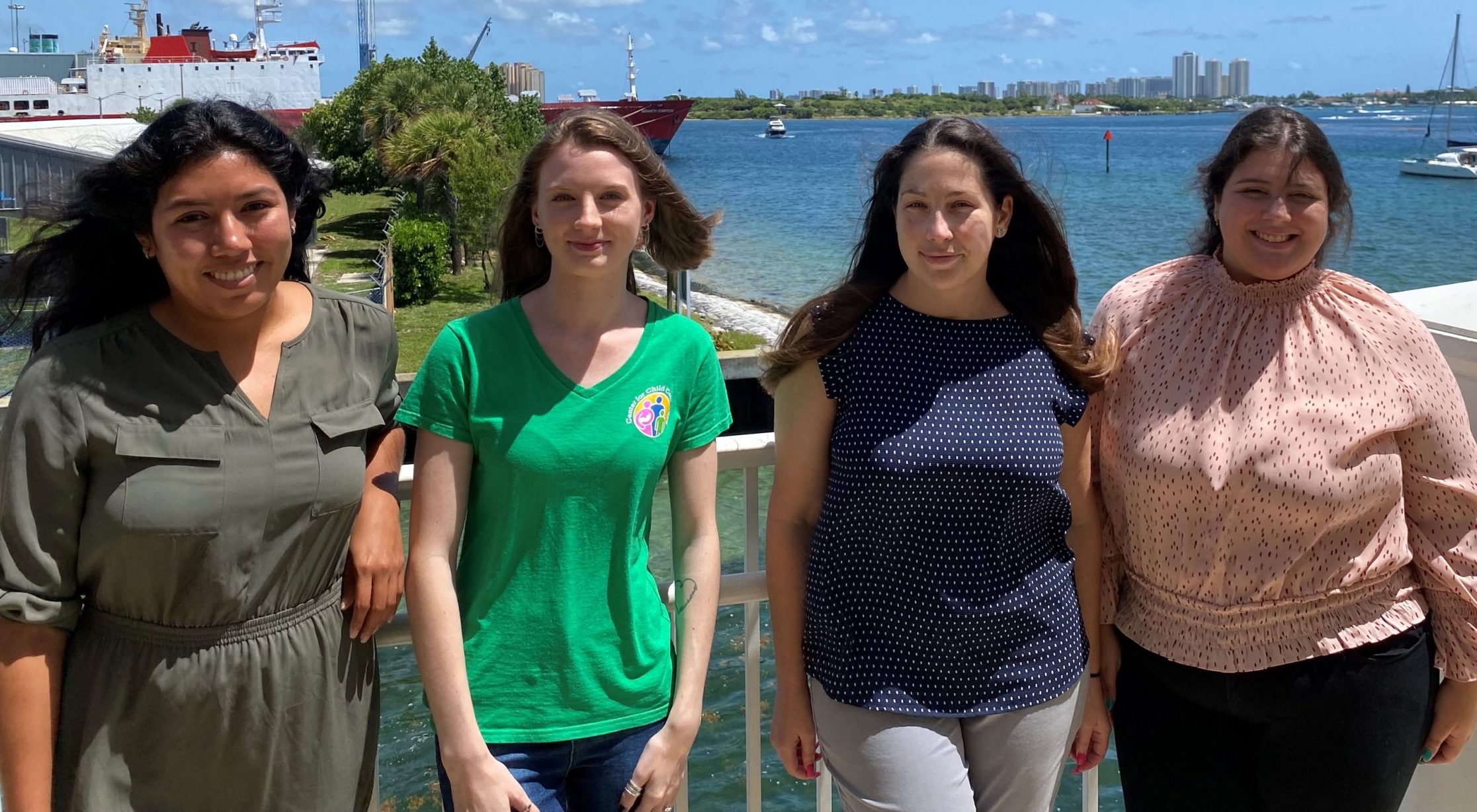

 The old adage is true: Keep the lines of communication open to strengthen your relationships. You can use the technique of asking open-ended questions in order to draw out your children's true feelings on different subjects.
The old adage is true: Keep the lines of communication open to strengthen your relationships. You can use the technique of asking open-ended questions in order to draw out your children's true feelings on different subjects. Children learn through imitation. They look to the adults in their lives to learn how to respond and behave. So, it's essential that we model positive behaviors that they can copy. As adults, we can demonstrate calming ourselves down when we are irritated or angry, practicing deep breathing, and focusing on positivity and a firm belief in a brighter future. You can learn some fun and useful breathing techniques for adults and children on our
Children learn through imitation. They look to the adults in their lives to learn how to respond and behave. So, it's essential that we model positive behaviors that they can copy. As adults, we can demonstrate calming ourselves down when we are irritated or angry, practicing deep breathing, and focusing on positivity and a firm belief in a brighter future. You can learn some fun and useful breathing techniques for adults and children on our 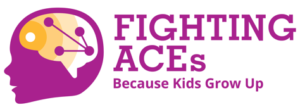
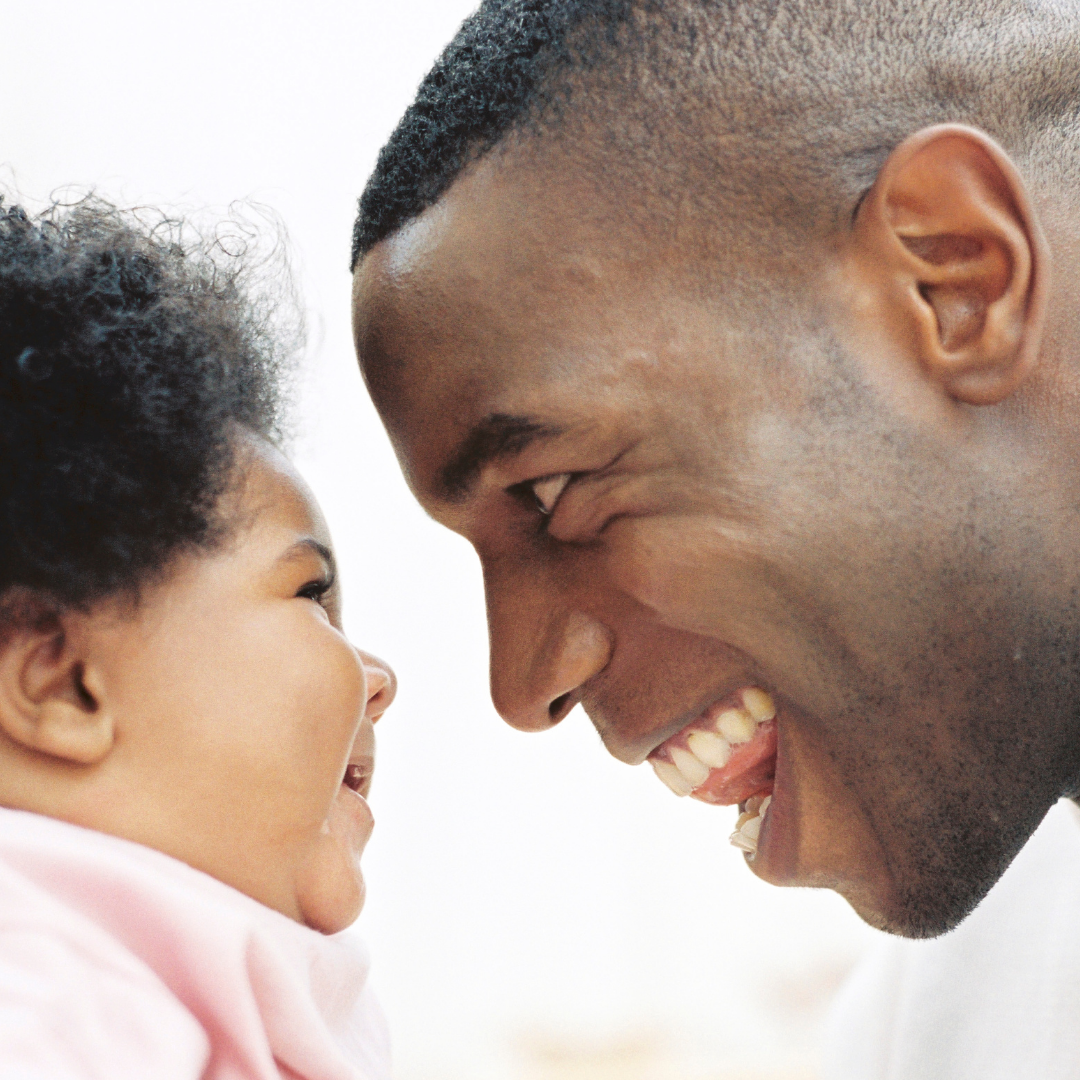 Anyone who has looked into the eyes of a newborn baby knows from infancy, humans seek connection. We carry this need for connection throughout our lifetime, and from birth it provides the foundation for all relationships.
Anyone who has looked into the eyes of a newborn baby knows from infancy, humans seek connection. We carry this need for connection throughout our lifetime, and from birth it provides the foundation for all relationships.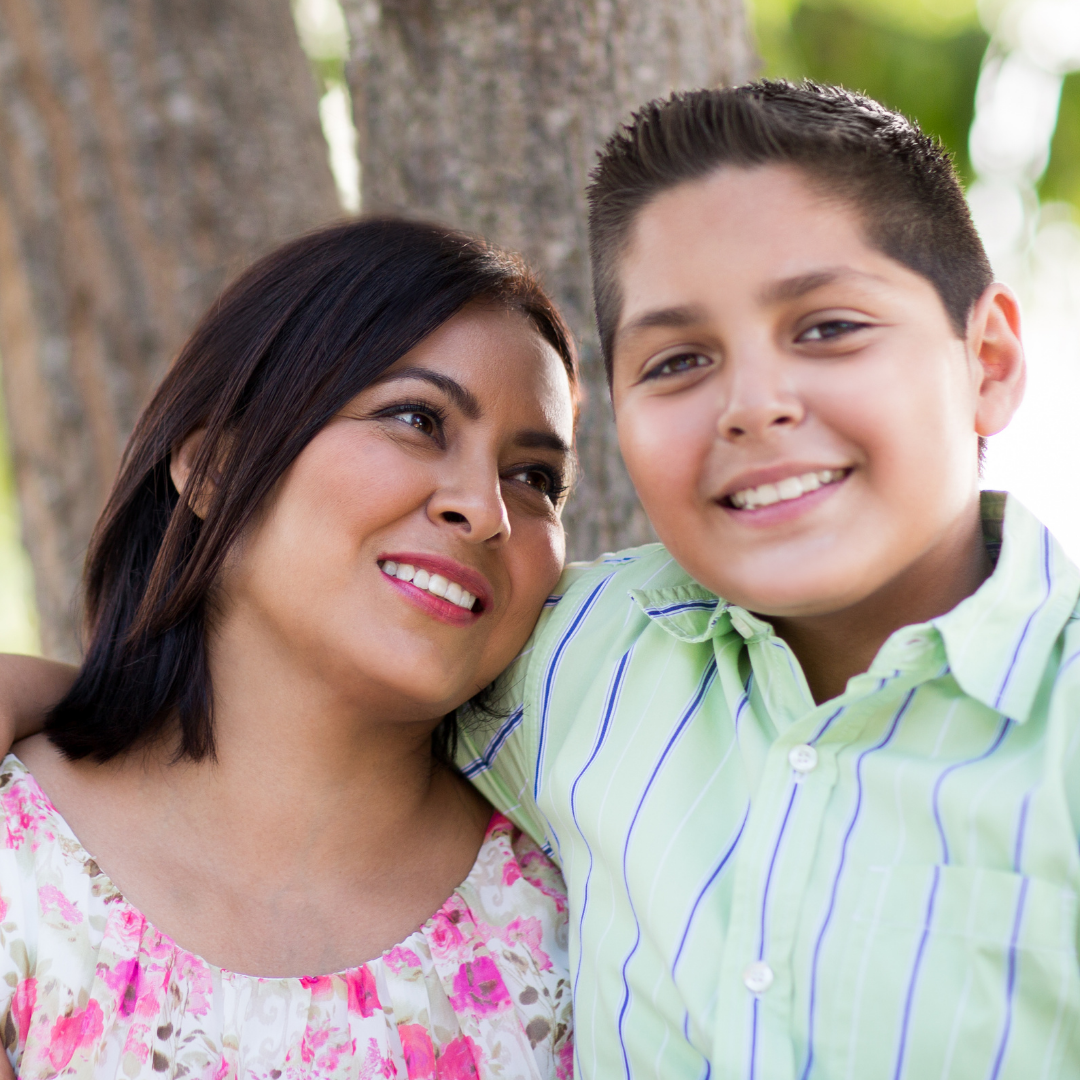 At the Center for Child Counseling, we focus on a public health approach to building awareness and action around addressing childhood adversity and trauma.
At the Center for Child Counseling, we focus on a public health approach to building awareness and action around addressing childhood adversity and trauma.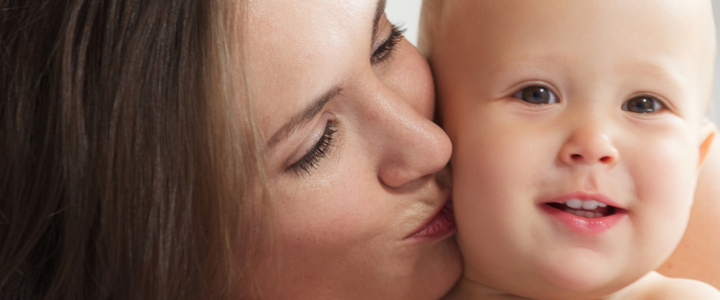
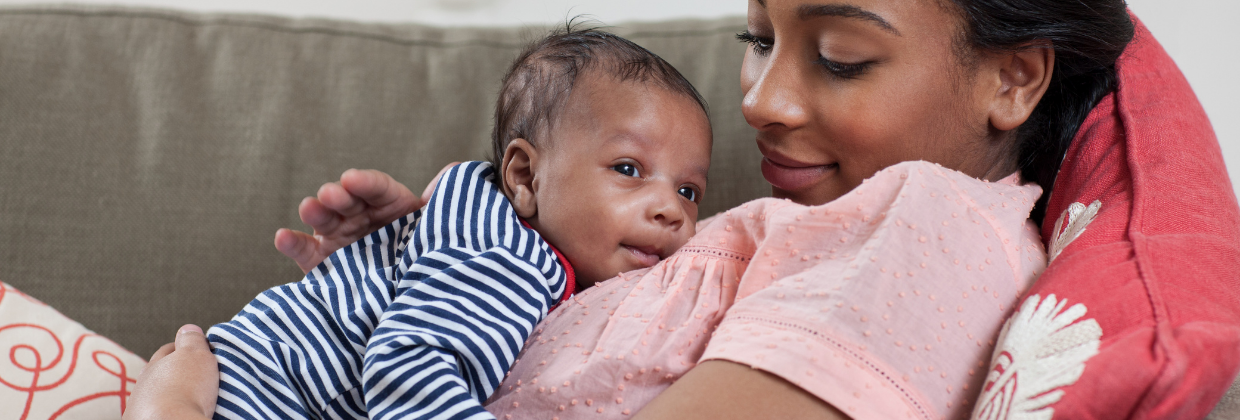
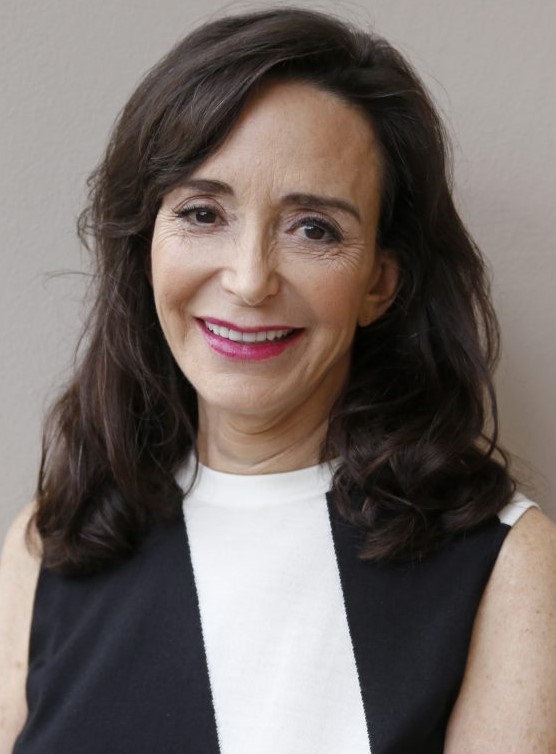 Julie Fisher Cummings, Chair of the Board for the
Julie Fisher Cummings, Chair of the Board for the 